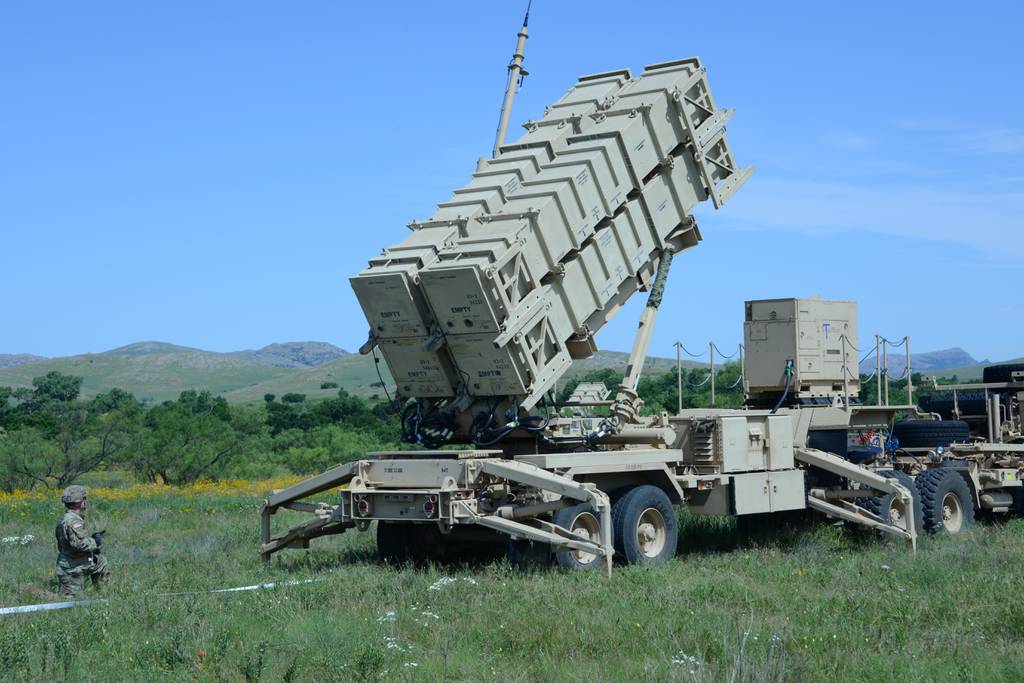
COLOGNE, Germany — RTX’s Raytheon selected Spanish engineering and technology group Sener to make a key component of the Patriot air-defense system’s interceptor missile at its Madrid site.
The contract, announced by the companies on April 29, covers the electro-mechanical control section of the GEM-T missile, one of the interceptor options for the system’s global customer base. The part “provides precise, high-speed steering control for the missile while in flight to intercept,” a spokeswoman for RTX said.
Raytheon’s move to localize component production in Europe follows a contract with NATO, under the COMLOG joint venture together with pan-European missile maker MBDA, for 1,000 GEM-T missiles. The deal, announced in January, could be worth as much as $5.6 billion.
The mega order is expected to boost the existing Patriot-related industrial ecosystem in Europe, in which Raytheon and MBDA have cooperated for decades. “For example, COMLOG will expand the production and assembly capacity for the GEM-T missile to include production of the rocket motor, propulsion sections and other components in Germany, and the control section by Sener in Spain,” the spokeswoman told Defense News.
Engineers from Sener and Raython will work to “co-develop” the missile control component so that the Spanish company can eventually produce it at its site in Tres Cantos, Madrid, according to a Raytheon statement.
Raytheon’s Spain connection is the second industrial tie-up in that country related to Patriot announced in recent days. Lockheed Martin last week said it would work with Madrid-based Grupo Oesia to make “specialized cables and harnesses” for its PAC-3 MSE missile, a newer and pricier Patriot interceptor that promises greater in-flight maneuverability against incoming threats.
Air defense capabilities are in high demand in Europe and Ukraine following Russia’s targeting of Ukrainian infrastructure and population centers. The Patriot system, in particular, is considered a hot, but scarce commodity, and production lags far behind demand.
Author: Sebastian Sprenger
Source: DefenseNews



